Amy Maxmen, a science journalist at Nature Magazine discusses how a large percentage of all available vaccines have been purchased by wealthy countries.
Read more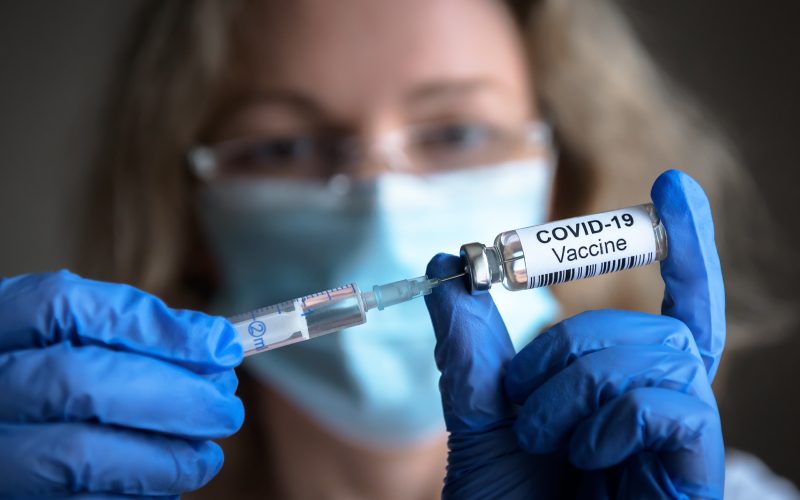


Amy Maxmen, a science journalist at Nature Magazine discusses how a large percentage of all available vaccines have been purchased by wealthy countries.
Read more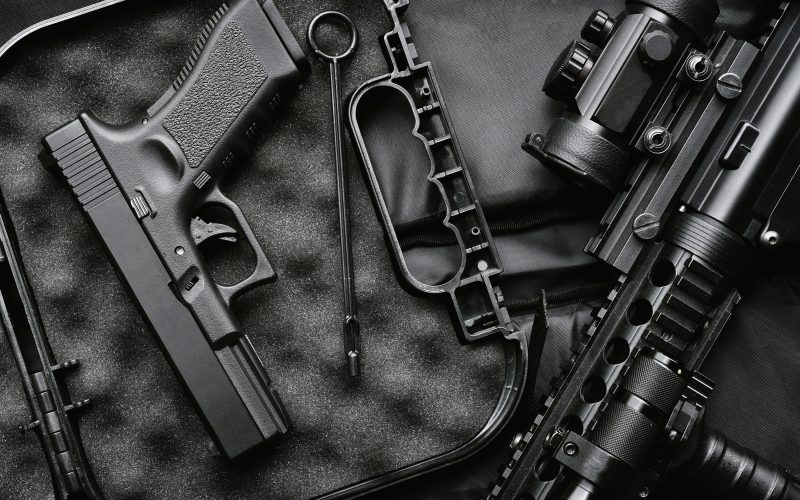
Writer Phil Klay talks bout why we’ve felt the need to make guns even more deadly, and explains the technology that has allowed guns to evolve from single shooters to automatic weapons.
Read more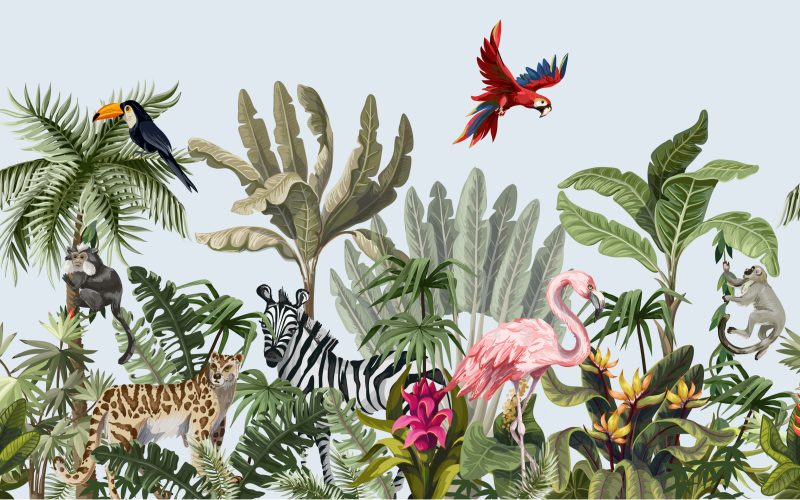
Ed Yong, Pulitzer Prize–winning science writer on staff at The Atlantic, discusses what seems like animal magic powers – from magnetic fields and sonar to complex vision and heightened smell.
Read more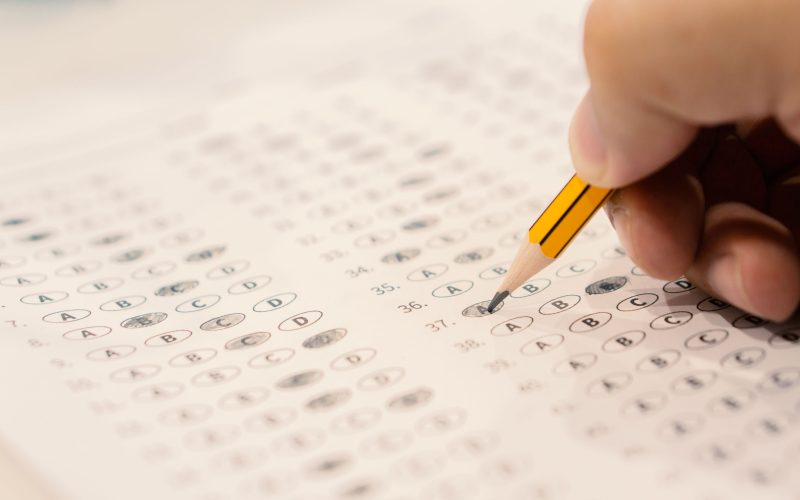
New Yorker contributor Eren Orbey discusses how the global pandemic shut down the testing process – and the many ways The College Board is trying to work around not only changes in test administration but pushback on the test itself.
Read more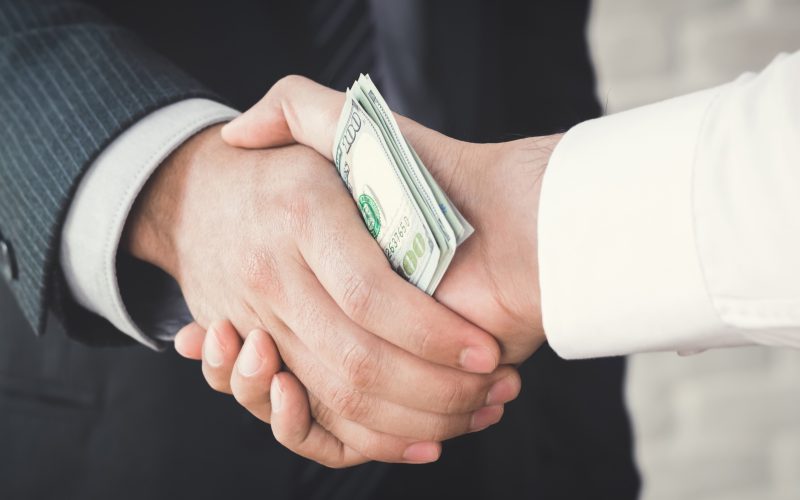
Brian Klaas is professor of global politics at University College London, and joins us to discuss the temptations and trappings of power, why we pick the leaders we do, and lessons we can learn from bad actors.
Read more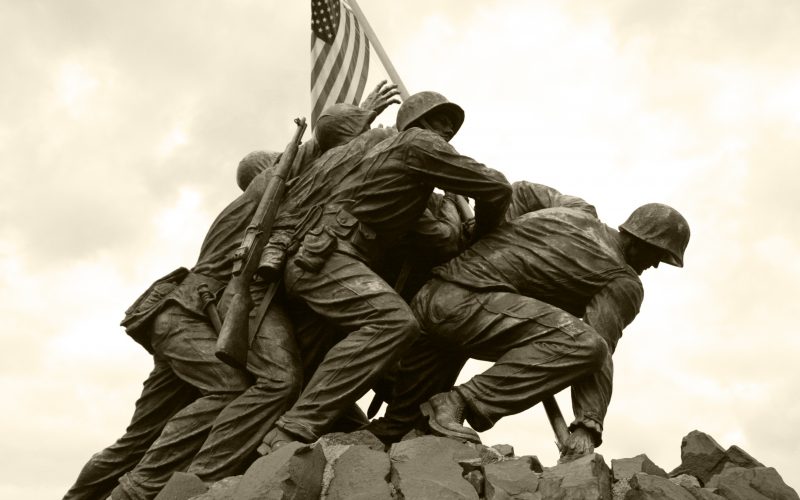
West Point English professor Elizabeth D. Samet talks about the picture of American exceptionalism that emerged post-World War II, the ways it has shaped domestic and foreign policy, and the myths it created.
Read more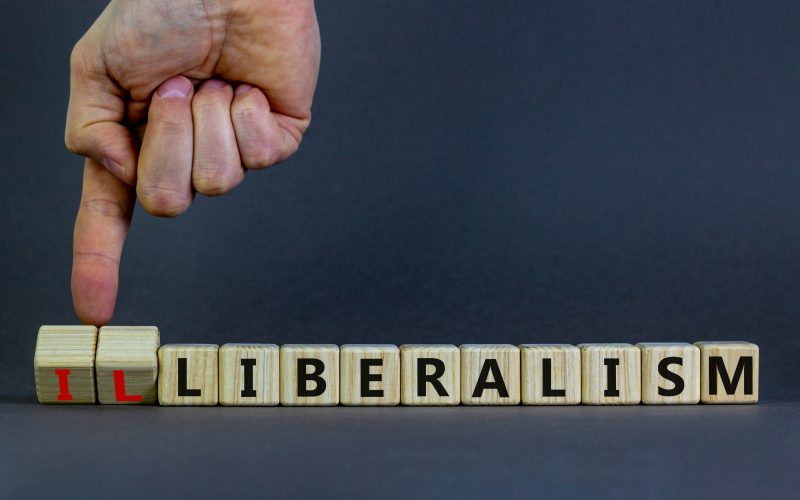
Francis Fukuyama joins host Krys Boyd to discuss the pushback against classical thoughts about individual rights, rule of law and equality, and what he sees as the decaying of American institutions.
Read more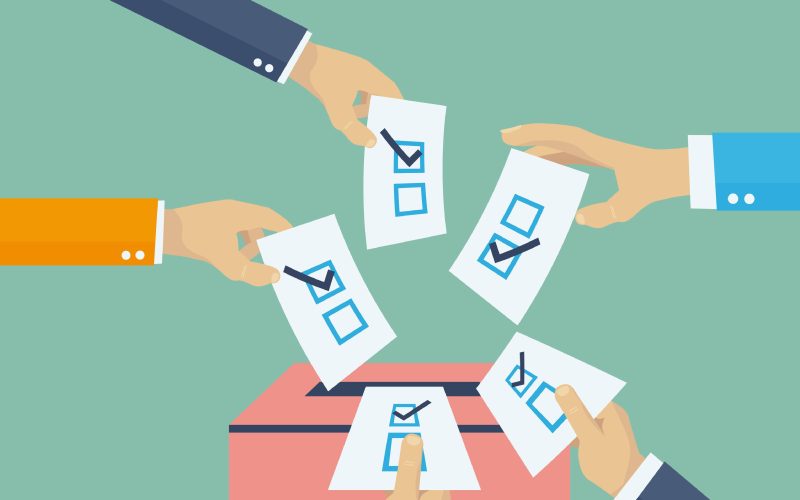
Host Krys Body talks with three people who’ve dedicated their careers to election integrity about what goes into securing elections and efforts to restore faith in them ahead of the midterms.
Read more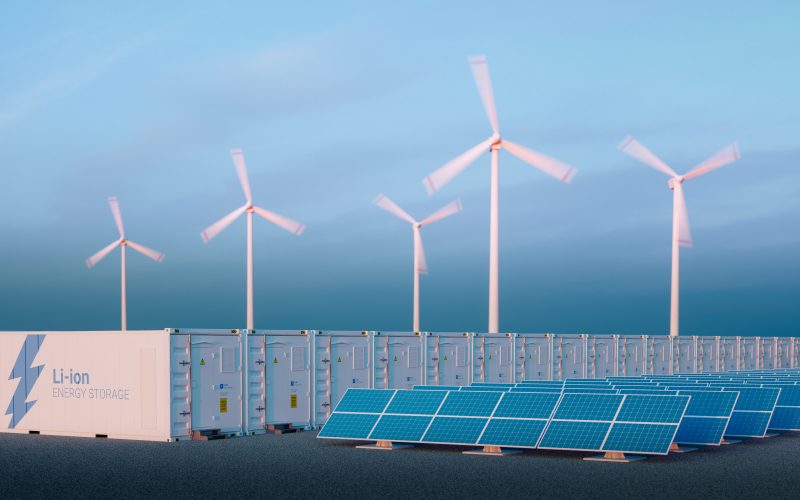
New Yorker contributing writer Matthew Hutson explains why there needs to be 100-times more storage for renewables by 2040, and why that goal is currently out of reach.
Read more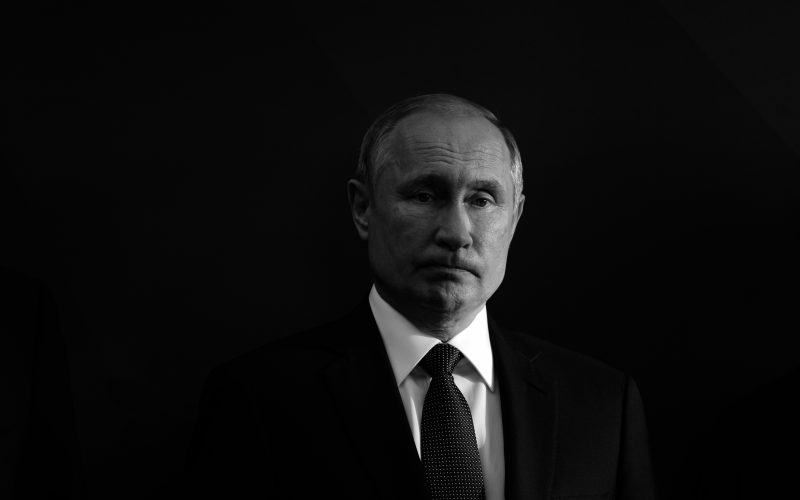
UCLA political scientist Daniel Treisman discusses Putin’s rise from spin doctor to tyrant – and about who makes up his inner circle now as the world watches for his next moves.
Read more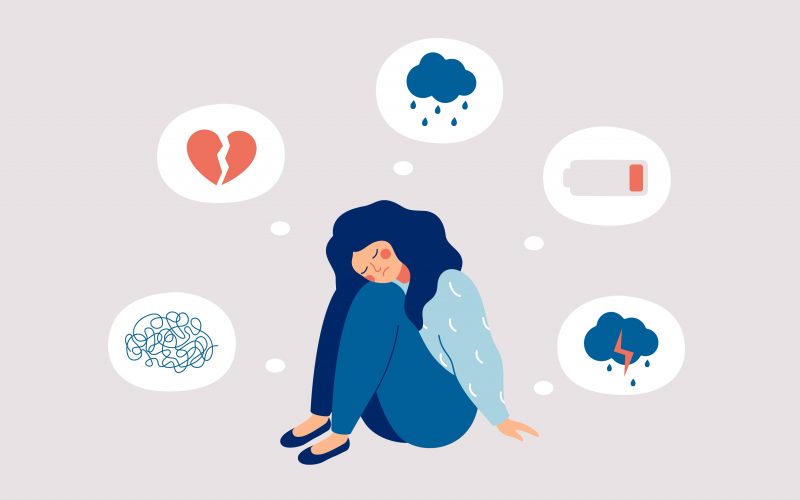
Prof. Pauline Boss discusses the pain from our collective loss of the pandemic, which lacks clarity, and the ongoing struggle to understand the new normal around us.
Read more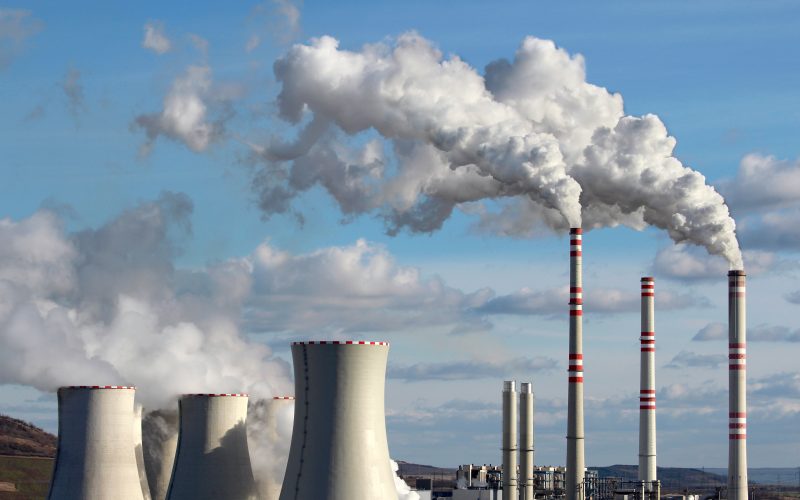
Dan Edge discusses his new Frontline documentary, which looks into what scientists, politicians, lobbyists and the public knew about climate change and how oil companies cast doubt on global warming to influence policy to their benefit.
Read more